Kenya
In the heart of Kenya, a discreet church has quietly flourished over the past decade, choosing not to publicize its services in a deeply religious country due to its inclusive stance towards the LGBTQ+ community.
John, a pastor initially ordained in a mainstream church, shared with the BBC the emotional impact of finding this church after leaving his parish when leaders deemed his sexuality sinful. "I never imagined in my life as a priest, I would be in a space where I would say three words that people think are conflicting. That I am black, I am gay, I am a priest."
This unconventional church, discovered through social media or word of mouth, maintains strict confidentiality and careful vetting of those seeking to join to ensure safety. In a society where gay sex remains illegal, the church operates discreetly, with congregants understanding the paramount importance of security.
Founded by openly non-binary lesbian Pauline, the church started as a small gathering seeking mutual support. Pauline, using "they" and "them" pronouns, expressed the desire to meet other queer Christians who affirm themselves, highlighting the isolation experienced after their father's death from HIV/AIDS.
Over a decade, the congregation has grown to over 200 members, each facing the decision to leave mainstream places of worship due to discrimination. Regina, confronted with an ultimatum at her previous church regarding her relationship, chose her girlfriend and eventually found solace in the affirming environment of this church.
Despite facing attacks and discrimination, including being locked out of premises, ransacked compounds, physical assaults, and corrupt police demanding bribes for protection, the church has persevered, changing locations nine times in its ten-year existence.
One of the congregation's challenges has been reclaiming their faith and liturgy. The church has crafted its version of the Apostles' Creed, affirming the identity of queer individuals. The creed begins, "We believe in one God, our creator, the source of our being as queer and beloved children."
Recognizing the need for flexibility, the church's schedule allows worshippers who are not open about their sexuality to attend mainstream churches before participating in its services.
In response to the growing homophobia in Kenya, the church introduced "Chat and Chew," a discussion forum providing a safe space for worshippers to share their experiences as LGBT Kenyans, addressing issues such as relationships, family rejection, and homelessness.
Despite the challenges and threats to their safety, Pauline expressed the determination to continue providing a welcoming space. "When we started, we didn't think that this space would become so important. But we cannot give up; we have to think of a way forward. I want this space to be open to everyone and find a balance where we all respect each other despite our beliefs and traditions."



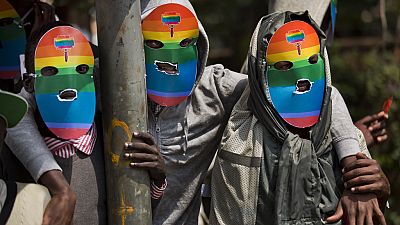

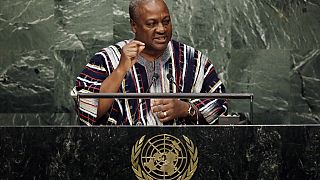
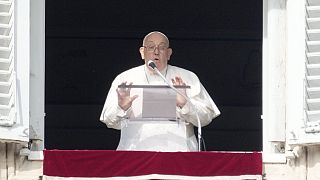
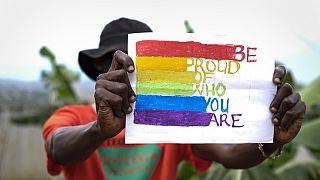

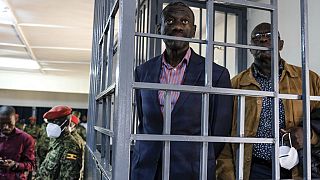
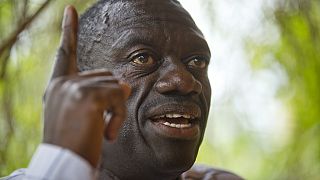
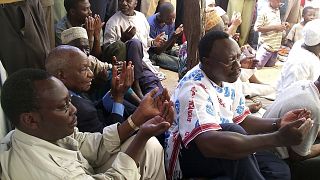
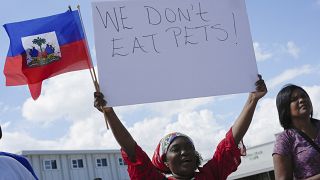

Go to video
2024: Deadliest year ever for aid workers amid global conflicts - UN says
Go to video
Fugitive Zambian MP Emmanuel Jay Banda arrested in Zimbabwe after three-month Manhunt
Go to video
Spain to offer residency and work permits to undocumented migrants
Go to video
Archbishop of Canterbury will end official duties in early January amid sex abuse scandal
Go to video
Congo opposition leaders call for protests against president's plan to change constitution
Go to video
At least 7 members of Nigerian security force missing after insurgents ambush convoy